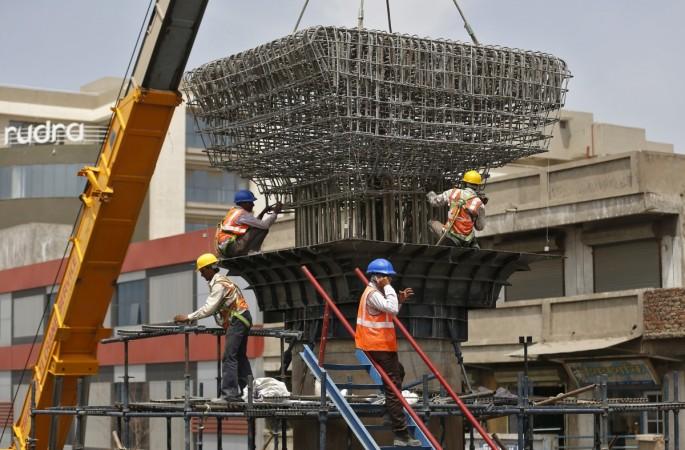
The Nagpur Metro Rail Corporation Ltd (NMRCL) — purportedly the nation's first green metro — will get a loan of €500 million from the German government's development bank KfW. The loan will be utilised in several key packages of the project, like rolling stock (the various carriages and engines to be used in the Metro), track, signalling, telecommunication and civil work, NMRCL Executive Director Ramnath S told International Business Times, India.
"This will be the nation's first green Metro where 14 MW of power will be generated from rooftop solar panels," said Ramnath, adding: "We expect to save 65 percent of our power costs with this move. Power takes up 35 percent of the operating cost of a Metro. We will be able to repay a good part of the loan by saving on this head as well as other cost increases."
He told IBTimes India that several other steps had been taken to make the project sustainable. "Floor-Space Index (FSI) on either side of the project has been increased from 1.33 to 4. Part of the revenue generated from this will be redirected to the NMRCL, as will be the case with the stamp duty and registration," he said.
FSI is effectively the ratio between the total floor area of a building to the size of the land it is built on. It is generally limited in urban areas so as to prevent tall buildings from coming up in congested areas, which could be a logistical and infrastructural nightmare in several ways.
Meanwhile, the loan, which translates to around Rs 3,800 crore and is being given for a period of 20 years with a moratorium of five years, will be disbursed over three years, depending on the progress of work. "We will get this loan twice a year — in the first and second half," Ramnath told IBTimes India.
"Civil work — creation of viaducts — is currently underway in a 12-km stretch of the project, and the tender for similar work on another 8-km stretch of the project, which will stretch over 38 km, will be awarded next week," he said.
"We are looking to complete the work by end 2018," said Ramnath of the Rs 8,680-crore project, on which work had begun in May 2015.

















